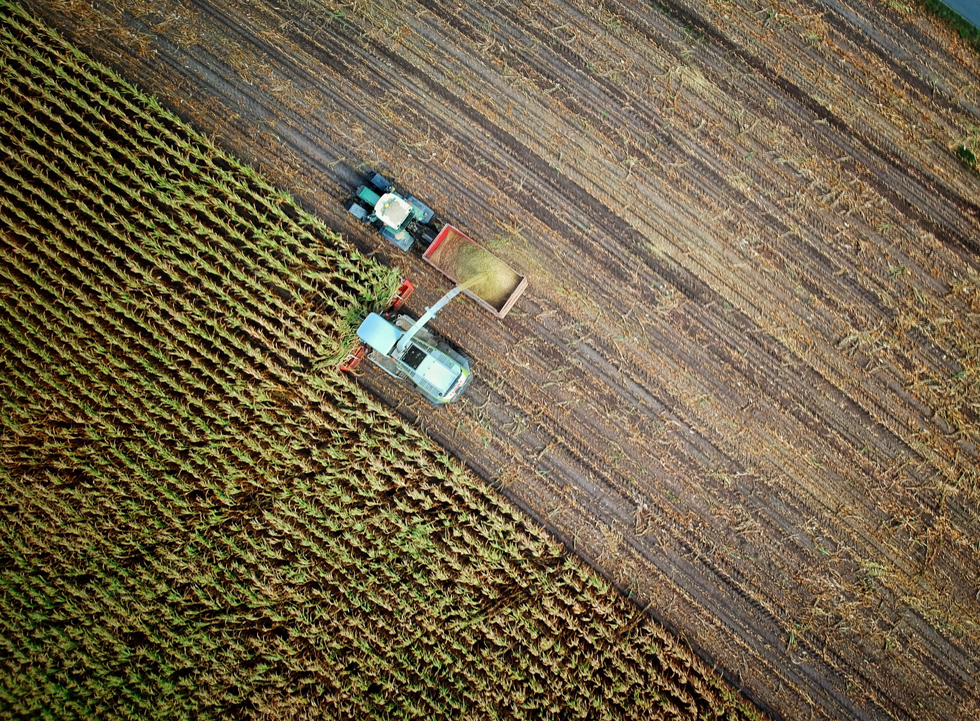by Mathis Wackernagel, Ph.D., co-founder, and Marta Antonelli, Ph.D., Food Systems Project Lead, Global Footprint Network
We are excited to initiate a multi-year collaboration exploring how to make the food system one-planet compatible. Our partners are Wageningen University and the Research Institute of Organic Agriculture (FiBL), with gracious and generous support of and collaboration with Avina Stiftung.
Why food? While carbon emissions are quantitatively the largest contributor to humanity’s overall demand on nature, food demand alone occupies about 50% of our planet’s biocapacity. What is even more significant is the lack of clarity, even in theory, how the food system could be made one-planet compatible, while also enabling greater health (one health).
Let’s compare food to the carbon dimension of ecological overshoot. The challenge of carbon emissions is widely recognized. Also, we can count on existing and emerging technology to help change the global emissions curve. For instance, solar, wind, and battery technology are getting more cost-competitive with fossil fuel. So, in theory, we know what could be done, even though in practice, the overarching energy trends persist. Fossil fuels represent the same share of global commercial energy as they did 30 years ago when the first Climate Convention was signed in Rio, or back in 1973 when the world was surprised by an oil crisis. Since then, overall energy consumption has more than doubled.
In contrast to the energy dimension, the food dimension of overshoot does not even have a meaningful theoretical perspective: the intricate nature of the rapidly shifting food challenge is unclear and unfamiliar to most.
Against this backdrop, we are starting our collaboration based on recognizing ten “impossible imperatives” the food system is facing. This is how we see them:
- Wean farming and the entire food system off all use of fossil fuels for fertilizers, machines, processing, plastics, etc.
- Sustainably intensify production to provide healthy diets for a potentially growing population’s needs, while reducing food loss and waste.
- Ensure more equitable distribution of healthy and nutritious food.
- Produce food without harming soil, overusing water, threatening biodiversity, and polluting the environment.
- Reduce non-fossil resource input in agriculture including freshwater, wood, or cotton.
- Move agricultural land from being a greenhouse gas net-source to a net-sink.
- Become climate resilient.
- Prepare for inevitable technological shifts, including AI and agricultural robots.
- Succeed even in the absence of financial upsides.
- Persevere on all these imperatives simultaneously, even if society pays little attention to imperatives 1-9.
It is time for a food system overhaul, from farm to fork. For a more detailed discussion of the ten imperatives, see here. Based on these imperatives, we are exploring with our partners how they can be tackled as a whole. Stay tuned!



